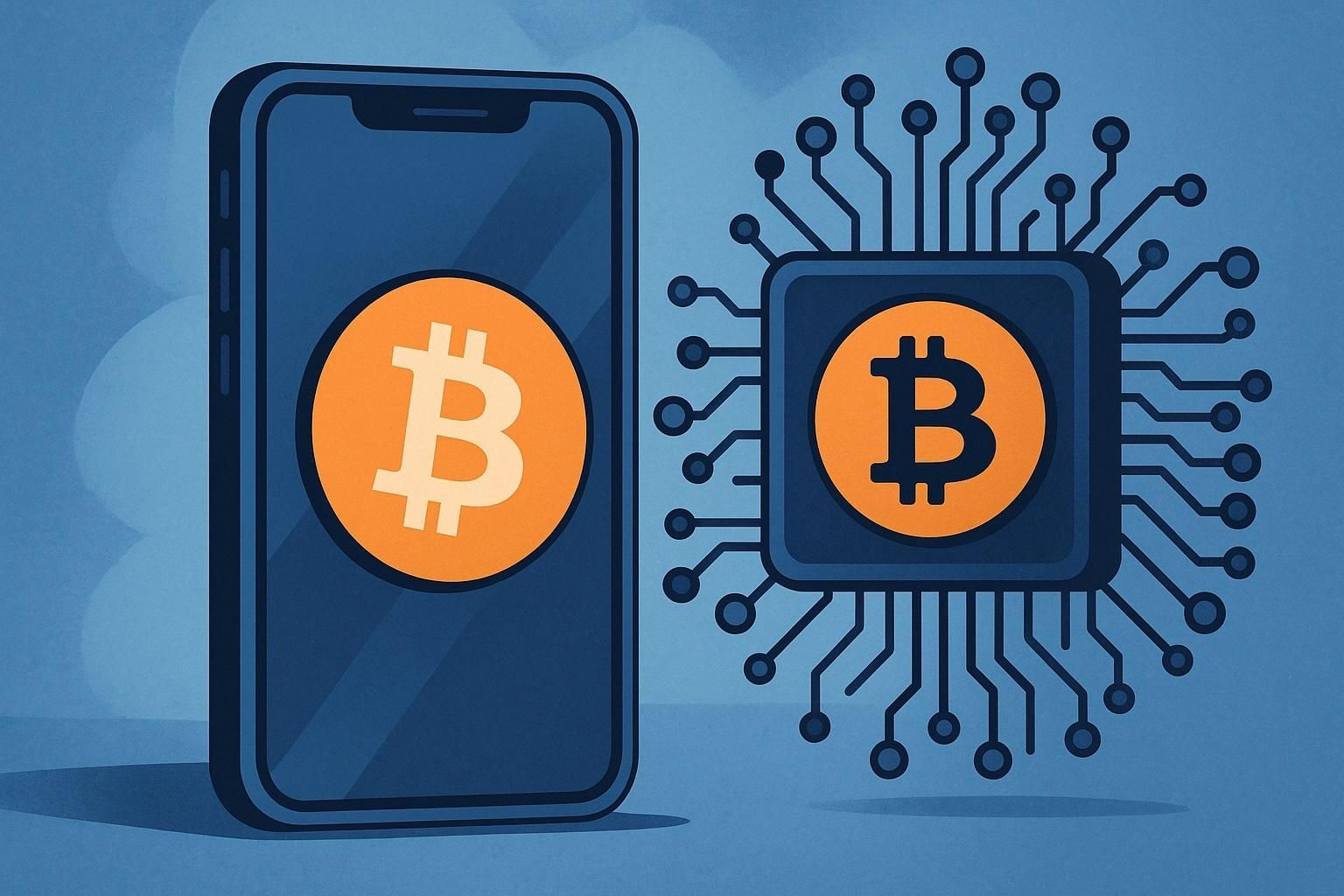
In 2025, running a full Bitcoin node on a mobile device remains challenging due to the significant storage and bandwidth requirements. However, advancements in lightweight clients and mobile applications have made it more feasible to participate in the Bitcoin network using smartphones.
Lightweight Bitcoin Nodes on Mobile
While full nodes require downloading the entire blockchain, lightweight nodes—also known as Simplified Payment Verification (SPV) clients—offer a more practical solution for mobile devices. SPV clients download only block headers instead of the entire blockchain, significantly reducing storage and bandwidth needs. This approach allows users to verify transactions without relying on centralized services. Read more here.
Notable Mobile Applications Supporting Bitcoin Nodes
Fully Noded
Fully Noded is an iOS application that connects to your own Bitcoin Core node over the Tor network. It offers a user-friendly interface, supports single and multi-signature wallets, and utilizes Partially Signed Bitcoin Transactions (PSBTs) for enhanced security. Private keys are stored securely on the device. More info on the App Store.
Electrum Wallet
Electrum is a lightweight Bitcoin wallet available for Android. It uses SPV to verify transactions, avoiding the need to download the entire blockchain. Electrum also allows users to connect to their own full node via Electrum Personal Server. Learn more on Wikipedia.
Research and Developments
Recent research has focused on optimizing Bitcoin nodes for resource-constrained devices. The Carbyne project, for instance, introduces an ultra-lightweight mempool design that reduces memory usage significantly—making it more feasible to run nodes on devices with limited resources. Read the study.
Considerations
While running a full Bitcoin node on a mobile device is still not practical due to hardware limitations, using lightweight clients like SPV wallets provides a viable alternative. These clients offer a balance between security and resource efficiency, enabling users to engage with the Bitcoin network from their smartphones.
For those seeking deeper involvement, running a full node on dedicated hardware remains the most secure and private option. But for everyday mobile users, apps leveraging SPV are increasingly robust and accessible.










